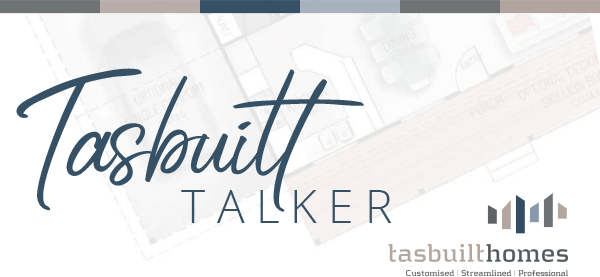Receive your free commercial brochure Request Now
The Biggest Issues Companies Face when Building or Extending their Office Buildings
Looking to build or extend a new office facility for your business?
In today’s fast-paced business environment, companies often face significant challenges when building or extending office buildings. Traditional construction methods can lead to delays, budget overruns, and logistical headaches.
Modular construction offers a promising alternative that can alleviate many of these issues. Over the last 21 years of listening to our clients, we have identified three key challenges that companies encounter in office building projects and explain how modular construction can provide effective solutions.


1. Time Constraints and Project Delays
One of the most pressing issues in traditional construction is the extended timeline for project completion. Delays can arise from various factors, including inclement weather, labor shortages, or delays in material supply. These setbacks can lead to costly interruptions in business operations and prolonged uncertainty for employees and stakeholders.
Modular Solution:
Modular construction significantly reduces the time required to complete a building. Since modules are built off-site in a controlled environment, construction can occur simultaneously with site preparation. This parallel process not only shortens the overall timeline but also minimizes the impact of weather-related delays. Companies can move into their new spaces faster, allowing them to resume or expand operations without a lengthy wait.
2. Budget Overruns
Budget management is a critical concern for businesses undertaking construction projects. Unexpected costs can arise due to design changes, labour disputes, or unforeseen site conditions, leading to financial strain and potential project cancellation.
Modular Solution:
Modular buildings tend to have more predictable costs compared to traditional construction. Because much of the work is done in a factory setting, companies can benefit from fixed pricing and a streamlined supply chain. Additionally, the efficiency of modular construction often translates to lower labour costs and reduced waste. This allows companies to better manage their budgets and allocate funds more effectively, minimizing the risk of overruns.
3. Sustainability and Environmental Impact
As businesses strive to align with sustainability goals, traditional construction methods can pose environmental challenges. The use of heavy machinery, extensive waste generation, and the carbon footprint associated with transport all contribute to a negative impact on the environment.
Modular Solution:
Modular construction is inherently more sustainable. The factory-based approach reduces waste significantly, as materials can be reused and recycled more efficiently. Moreover, modular buildings can be designed with energy-efficient systems and sustainable materials, further lowering their environmental impact. By choosing modular construction, companies can enhance their sustainability initiatives, which can be a crucial factor in attracting eco-conscious clients and talent.
As companies navigate the complexities of building or extending office spaces, modular construction presents a compelling alternative to traditional methods. By addressing time constraints, budget management, and sustainability, modular solutions offer a pathway to efficient, cost-effective, and environmentally friendly office development. Embracing this innovative approach can empower businesses to create functional workspaces that meet their evolving needs while minimizing common construction challenges.



